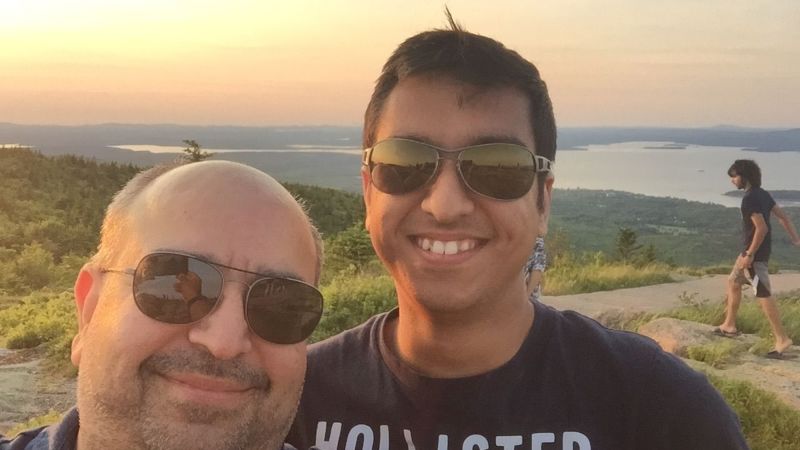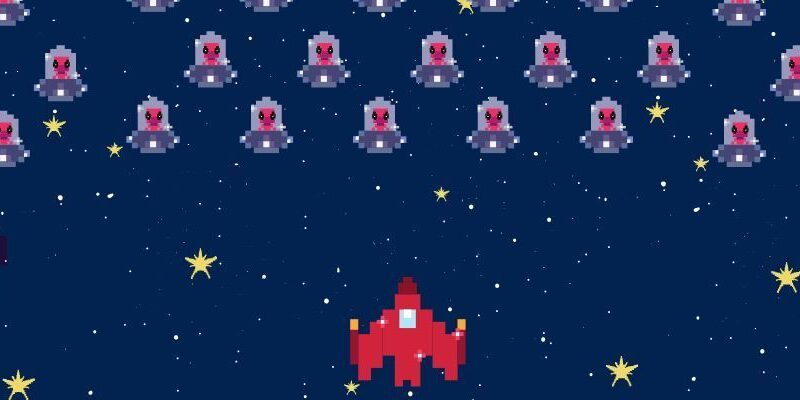CNN
—
Kamal Bherwani’s final text messages to his 22-year-old son still haunt him three years later.
It was May 17, 2021. His son was planning to visit a Connecticut casino to celebrate his college graduation. “Dad, is it all right with you if I go to the Mohegan Sun for the night with my boys,” Ethan Bherwani texted him. “Will be back tomorrow.”
His father’s response: “Your call.”
Ethan texted again later — with a heart emoji — to say he was leaving. His dad told him, “Ok.”
And so began a night of revelry that ended with Ethan Bherwani’s fatal fentanyl poisoning. In the early hours of May 18, a nurse called Kamal Bherwani from his son’s phone and said Ethan was in a coma in a hospital.
Surveillance footage from the casino documented his son’s last moments of consciousness about 2 a.m. as he slumped off a chair and lay on the floor by the blackjack tables. His father says he lay there for 11 minutes before paramedics arrived.
Moments before he collapsed to the floor, Ethan Bherwani had bought cocaine from a man in a casino restroom. He had no clue it was laced with fentanyl and slipped into a coma not long afterward, his father says.
Ethan was hospitalized for nine days and never woke up. He died in a Hartford hospital on May 27, 2021. He was a registered organ donor, and his heart, kidneys, liver and pancreas were donated to three people, his father says.
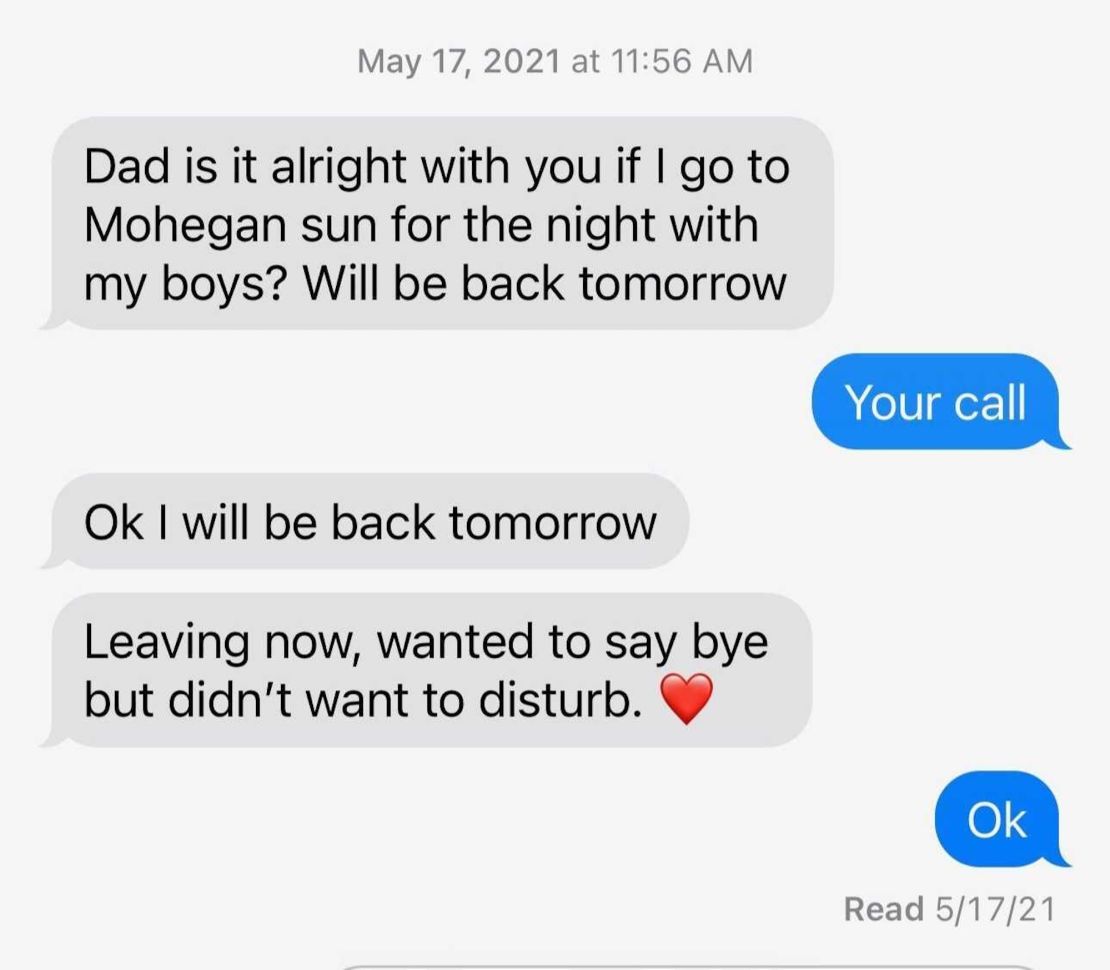
On the night of his son’s funeral, Kamal Bherwani started a foundation that seeks to educate young people about the dangers of fentanyl.
And in August, he launched a free mobile video game, “Johanna’s Vision,” to raise awareness about fentanyl and protect others from overdoses.
“Ethan paid the highest price that anyone can pay for his mistake,” Kamal Bherwani says. “My goal is to prevent another Ethan.”
As details emerged about that night, the family was shocked. Their first surprise was learning Ethan had bought drugs from a stranger in a casino. The second revelation was that he tried to buy cocaine. Ethan had smoked marijuana in the past but had never given any indication he used cocaine, Bherwani says.
“He was a recreational drug user when it came to marijuana, and I wasn’t happy about it, and I tried to talk him out of it,” Bherwani says. “But his argument was that it was legal. And as a parent, you have to respect your child’s boundaries.”
Fentanyl overdose is a leading cause of death for Americans ages 18 to 45. Last year a majority of the roughly 107,000 drug overdose deaths in the United States were a result of fentanyl, according to the CDC’s National Center for Health Statistics.
Fentanyl is 50 times stronger than heroin and is so potent that one kilogram — or 2.2 pounds — is enough to kill 500,000 people. Dealers can mix it with other drugs, including heroin and cocaine, making them more dangerous for users not expecting fentanyl.
Kamal Bherwani says that’s what happened to his son. Tests showed he had fentanyl and cocaine in his system.
Ironically, his father says Ethan may have survived if he’d been a regular user of fentanyl.
“That was part of why he didn’t recover – he was what we call ‘opioid naive’ and his body had zero tolerance to fentanyl, to any opioids,” he says.
Their family has struggled with grief, denial, anger and pain
Ethan Bherwani lived with his father in Roslyn, New York, and had many talents. He loved playing the saxophone, piano and the guitar. He was on a softball team and competed in billiards tournaments.
He was planning to go to law school after his graduation from Baruch College in New York City, where he majored in business journalism. His degree arrived in the mail a few days after he died.
“He was phenomenal at everything he did,” his father says.
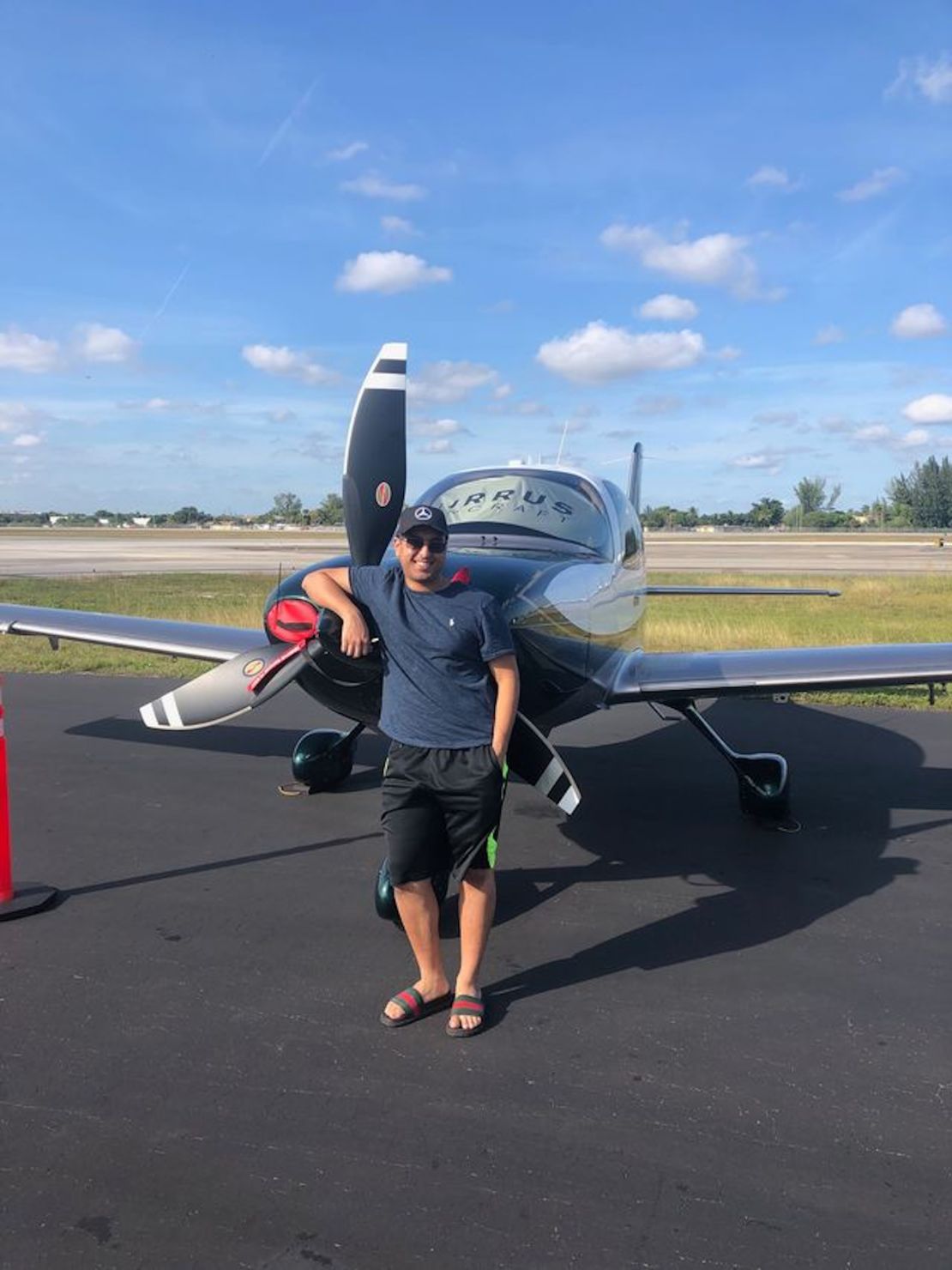
Ethan also was deeply curious about the world and his place in it. Days before the fatal casino encounter, he’d ordered a book, “Man’s Search for Meaning,” a memoir by psychiatrist Viktor Frankl, who survived years in a German concentration camp during World War II. It arrived in the mail while he was hospitalized.
Kamal Bherwani treasures Ethan’s phone, which has given him glimpses into his son’s mind. In one voice memo Ethan recorded a year before his death, he pondered the meaning of life.
“It was a long recording where he questions why are humans here? What’s our purpose in the world,” his father says. “It made me realize what a deep philosophical mind he had.”
Ethan Bherwani’s death plunged his parents and four siblings into profound grief mixed with anger, denial and pain.
“Then you have to sit with that pain and decide,” Kamal Bherwani says. “What are you going to do with it?”
On June 7, 2021, the day his son was laid to rest, Kamal Bherwani started his foundation. He began brainstorming ways to reduce deaths from fentanyl poisoning and overdoses, including how to make naxalone, a medication that can reverse opioid overdoses, more available to the public. Last year, the Food and Drug Administration approved the first over-the-counter naxalone product.
“This is an insidious problem, and it can affect anyone regardless of class, race and socioeconomic status,” he says. “This drug does not discriminate.”
Bherwani believes if his son had received naxalone, which is usually administered nasally or injected into the muscle, immediately after his overdose he would have survived.
He’s urged lawmakers in several states to add naxalone, also known as Narcan, to existing AED cabinets, which contain defibrillators and are designed to treat cardiac arrest.
Earlier this year Bherwani testified before the Maryland senate in support of a bill that would place Narcan in AED cabinets around the state.
“It has a four-year shelf life, and there are no harmful effects if applied to someone who did not have a fentanyl overdose,” he told lawmakers. “In short, it is a miracle of modern medicine.”
As part of his mission, he hopes “Johanna’s Vision” will teach young people about the devastating effects of fentanyl and what to do if someone they know suffers an overdose.
The game follows Johanna, a teenage girl with superpowers, as she struggles to understand how her brother Tyler died from fentanyl poisoning even though he didn’t abuse drugs. The character of Johanna is modeled after Ethan’s sister, Ava.
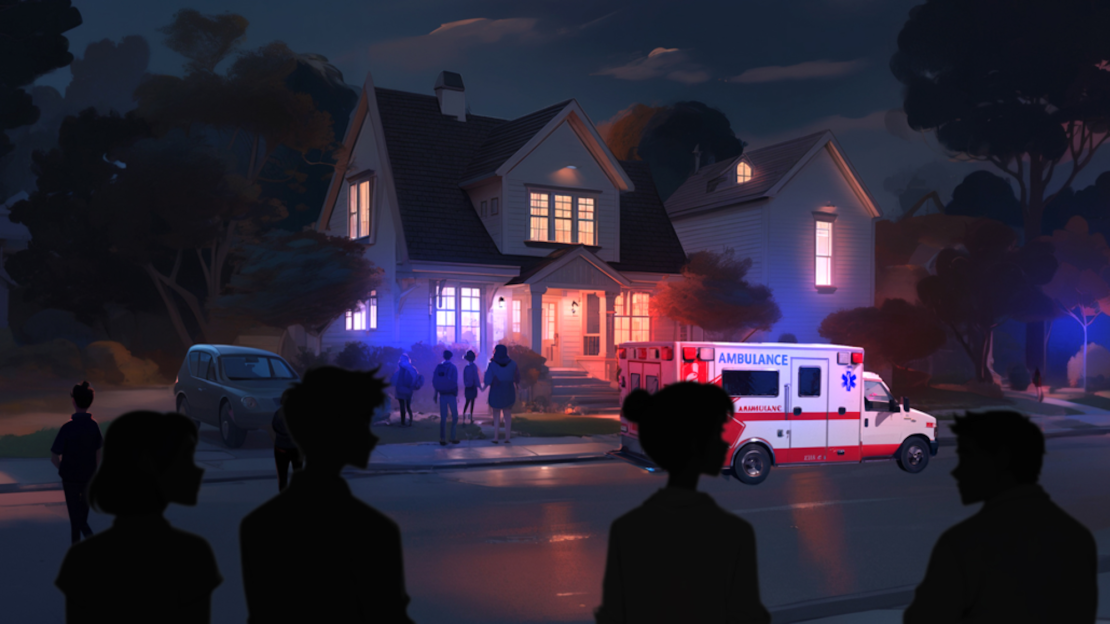
As they follow Johanna’s journey, gamers must complete tasks — such as learning how to save an overdose victim with naloxone nasal spray. Bherwani partnered with a game developer on the project.
“This game is a much more interactive way of learning (about fentanyl) than watching a public service announcement that says don’t do drugs,” Bherwani says. “We want to teach people in a virtual environment, in a game environment, what to look for and what to do so when the emergency happens, they don’t freeze.”
He hopes the game — along with his son’s story — will educate people about the risks, overdose symptoms and the importance of having the antidote readily available, including in homes and in schools.
Almost two years after Ethan Bherwani’s death, federal investigators arrested the man who sold him the fentanyl-laced cocaine.
Jerrard Santiago, 44, of New Haven, Connecticut, pleaded guilty in January to two counts of possession with intent to distribute a controlled substance. After a hearing in April, a judge concluded Santiago had knowingly distributed the narcotics that caused Ethan Bherwani’s overdose.
Last month, the judge sentenced Santiago to eight years in prison.
In surveillance video showing his son passed out on the casino floor, Santiago briefly glances at him before walking away, Bherwani says.
Santiago had been banned from the Mohegan Sun and was not supposed to be there that night, according to court documents obtained by CNN.
Bherwani has filed a civil suit against the casino for wrongful death, a battle complicated by the property being on Mohegan tribal land, he says. If he wins the case or receives a settlement, he’ll use the funds for his fight for awareness on fentanyl-related issues, he says.
“The juxtaposition between tribal and state law, and the limited right of appeal is really where the harm is for the general public that is mostly unaware that they are sacrificing these rights by stepping foot in a tribal casino,” Bherwani says.
It’s unclear why Santiago was banned from the casino. The Mohegan Sun declined to answer questions about the case or Bherwani’s lawsuit, citing ongoing litigation.
“We are saddened by the death of this young man and we appreciate and support the wide-ranging efforts by leaders and other groups to curtail such a serious issue,” Jeff Hamilton, president of Mohegan Sun, told CNN in a statement.
“Since then, we have worked closely with outside law enforcement to assist their work in every way, including recently testifying in court in favor of a more extensive punishment for the individual who illegally provided narcotics in this incident.”
Meanwhile, Kamal Bherwani soldiers on, pressing his cause in the memory of his late son. He has some regrets about that fateful night in 2021.
If he’d known about the dangers of fentanyl and the nuances of the tribal legal system, he says, he would have sent Ethan a different text message.
“I would have never said, ‘your call,’” he says. “I would have said, ‘absolutely not. Don’t go there — go somewhere else.’”

